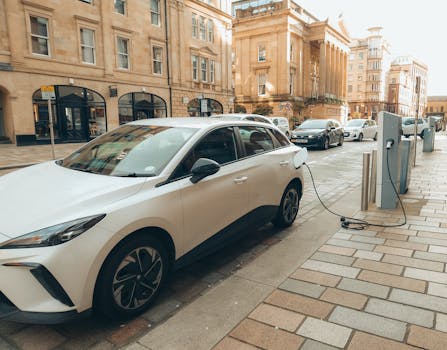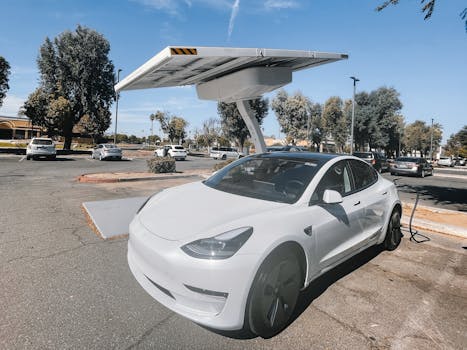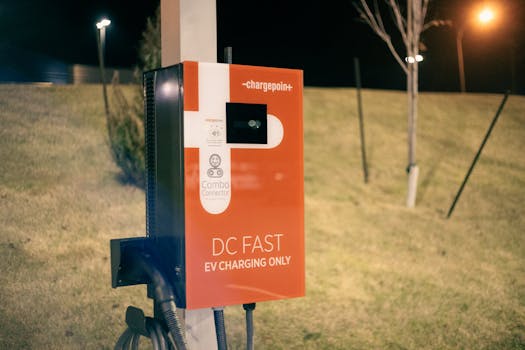
Smart Cities: Urban Trends for 2025
Smart Cities: The concept of smart cities has been gaining momentum in recent years, and it’s expected to continue to shape the urban landscape in 2025. With the integration of technology and sustainability, smart cities are becoming the epitome of modern urban planning. In this article, we’ll delve into the latest urban trends for 2025 and explore how smart cities are revolutionizing the way we live, work, and interact with our surroundings.
Introduction to Smart Cities

So, what exactly are smart cities? A smart city is an urban area that utilizes information and communication technology (ICT) to enhance the quality of life for its citizens, improve the efficiency of services, and reduce costs. The concept of smart cities is built around the idea of creating a sustainable, livable, and responsive urban environment that meets the needs of its inhabitants. From smart transportation systems to intelligent energy management, smart cities are designed to make urban living more efficient, convenient, and enjoyable.
Urban Trends for 2025

As we look ahead to 2025, several urban trends are expected to shape the future of smart cities. Some of the key trends include:
- Increased Focus on Sustainability: With the growing concern about climate change, smart cities will prioritize sustainability and green infrastructure. This will include the adoption of renewable energy sources, green buildings, and eco-friendly transportation systems.
- Expansion of Smart Transportation Systems: Smart transportation systems will continue to evolve, with the integration of autonomous vehicles, smart traffic management, and advanced public transportation systems.
- Growth of the Internet of Things (IoT): The IoT will play a crucial role in smart cities, with the deployment of sensors, cameras, and other devices to collect data and improve urban services.
- Enhanced Citizen Engagement: Smart cities will prioritize citizen engagement, with the use of digital platforms, mobile apps, and social media to involve citizens in the decision-making process and provide them with access to urban services.
Challenges and Opportunities

While smart cities offer numerous benefits, they also pose several challenges. Some of the key challenges include:
- Data Security and Privacy: The collection and analysis of large amounts of data in smart cities raise concerns about data security and privacy.
- Infrastructure and Funding: The development of smart cities requires significant investment in infrastructure and technology, which can be a challenge for many cities.
- Digital Divide: The adoption of smart city technologies can exacerbate the digital divide, leaving behind those who do not have access to digital technologies.
Despite these challenges, smart cities offer numerous opportunities for innovation, economic growth, and improved quality of life. As we look ahead to 2025, it’s essential to prioritize sustainability, equity, and inclusivity in the development of smart cities.
Conclusion

In conclusion, smart cities are the future of urban planning, and 2025 will be a pivotal year for the development of smart city technologies. As we move forward, it’s essential to prioritize sustainability, equity, and inclusivity, and to address the challenges associated with smart cities. By doing so, we can create vibrant, responsive, and sustainable urban environments that meet the needs of all citizens.



